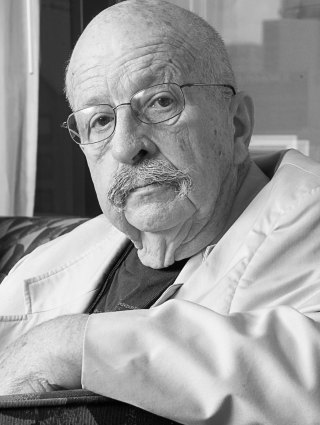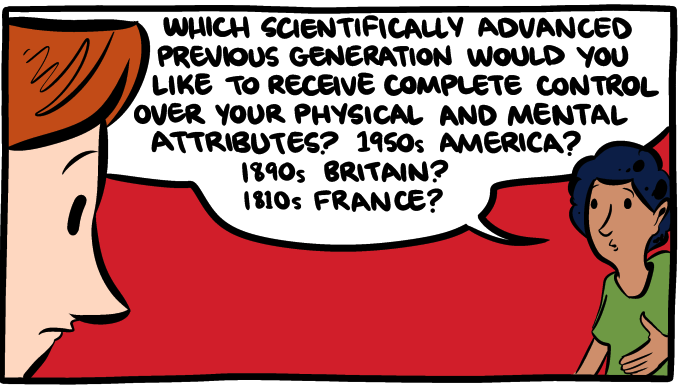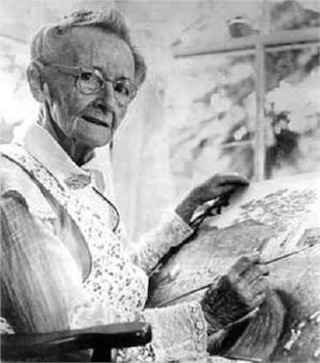Play House
Play House. Según la descripción:
Play House is an automata that generates slow hypnotic acid house through mechanisms built from LEGO Technic.
Y efectivamente, ofrece un enorme deleite visual ver ese cacharro en funcionamiento.
Su creador, Alex Allmont, tiene bastantes otras creaciones en su web, que combinan todo tipo de elementos. Dice:
My research ties together aspects of cognition and performance and I am focused on making the experience as open as possible so that the audience can get better understand what is driving the performer – or become the performer in some cases. The intention is to blur the lines and responsibilities between them in an attempt to have a deeper connection with music.
Para los aficionados a LEGO, este otro vídeo puede resultar fascinante y educativo:
LEGO Sketchbook 2013 from Alex Allmont on Vimeo.




